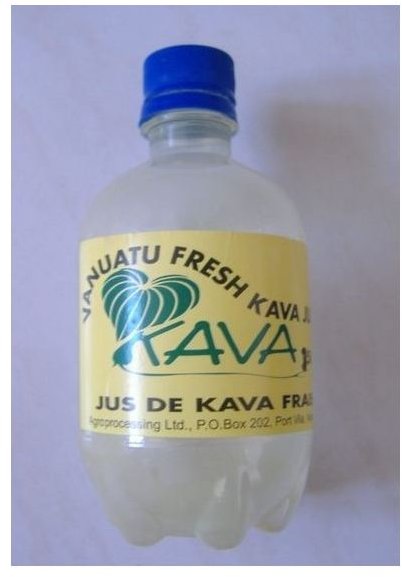Benefits of Kava: Good for Your Health with Rare Side Effects
Kava, a member of the pepper family, is also called kava kava or Piper methysticum (Piper in Latin meaning “pepper” and methysticum in Greek meaning “intoxicating”).
Islanders in the Oceania area are often referred to as the happiest people in the world because of kava. It is a popular drink in their celebrations and ceremonies because it has a calming effect and promotes sociability. It is also used for medicinal and religious purposes. Preparations of kava are now gaining popularity in the United States and Europe.
Benefits of Kava
Alcoholism
Drinking kava may help alcoholics wean themselves off of alcohol. Kava and alcohol (and benzodiazepine drugs like Valium) increase a chemical in the brain called gamma aminobutyric acid (GABA) that helps regulate nerve cells. Kava produces effects similar to alcohol but unlike alcohol (if used appropriately), it does not stimulate aggression, depress mental clarity, or cause a hangover.
One average drink can cause effects within 20-30 minutes and last a couple of hours or a couple of days, depending on the person.
Kava and alcohol taken together can enhance the effects of each and may put extra strain on the liver. People with alcoholism, especially those with severe cases, are strongly advised to consult with a health care provider regarding their plan of treatment.
Anxiety
Kava can help treat anxiety without sedating the person like prescription drugs can. Seven reviewed trials all suggest kava can reduce anxiety (significantly in three trials).
Cancer
According to research published in the South Pacific Journal of Natural Science, methanol extracts in kava killed cancer cells (leukemia and ovarian) in test tubes. Healthy cells were unharmed.
Insomnia
A strong drink of kava can induce sleep within 30 minutes. It promotes a restful and dreamless sleep and in the morning, you feel stimulated. An exceptionally strong drink can cause sleepiness during the following day and a moderate amount may cause a lighter sleep and vivid dreams.
Sore Throat
Chewing on kava can relieve a sore throat by producing a “numbing” effect, similar to Chloraseptic spray.
Side Effects and Concerns
At recommended levels, kava side effects are rare. When high quantities are taken over a long period of time, kava can cause dry, scaly skin called kava dermopathy. Reducing or eliminating kava can cure the problem. Other side effects with high doses include shortness of breath, fatigue, loss of appetite and muscle weakness.
Concerns of kava causing liver damage were raised in 2001. No studies have confirmed this and almost all of 50 people who had some type of liver problem also took alcohol and drugs that could have effects on the liver.[1]
According to a study done by the University of Queensland, Australia in 2009, no signs of potential liver damage were seen in the participants.
People with a liver condition, children and women who are pregnant or breastfeeding should not take kava. People taking medications should consult with a health care provider before using.
Make Your Own Kava Drink
The root of the kava plant has the highest amounts of kavalactones, an important compound. To get the best benefits of kava, the plant should be at least five years old before the root is harvested. Using hot water (temperatures above 140° F) can destroy kavalactones.
To make a drink, blend cold water and powdered kava root (as directed - typically 1 tablespoon per cup). Add some ice to the blender and flavor it with lemon or ginger.
References
[1] American Botanical Council (Austin, TX) (55): 26–32
Photo Credit
Image courtesy of https://commons.wikimedia.org/wiki/File:Kava-in-bottle-from-vanuatu.jpg
Disclaimer
Please read this disclaimer regarding the information contained within this article.
